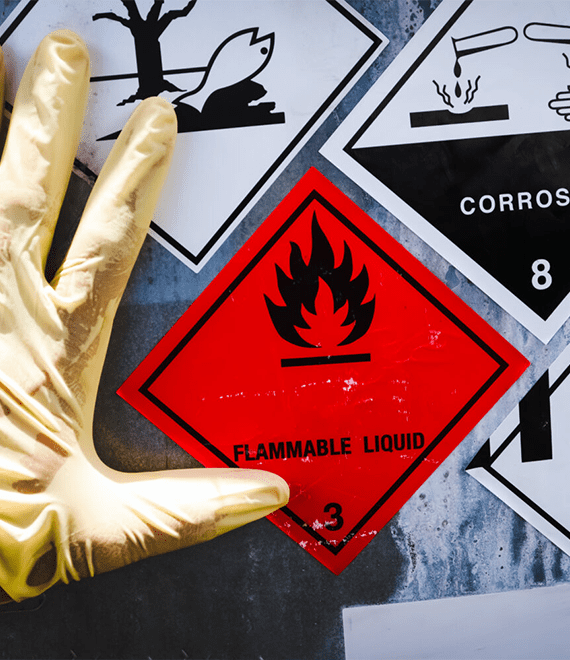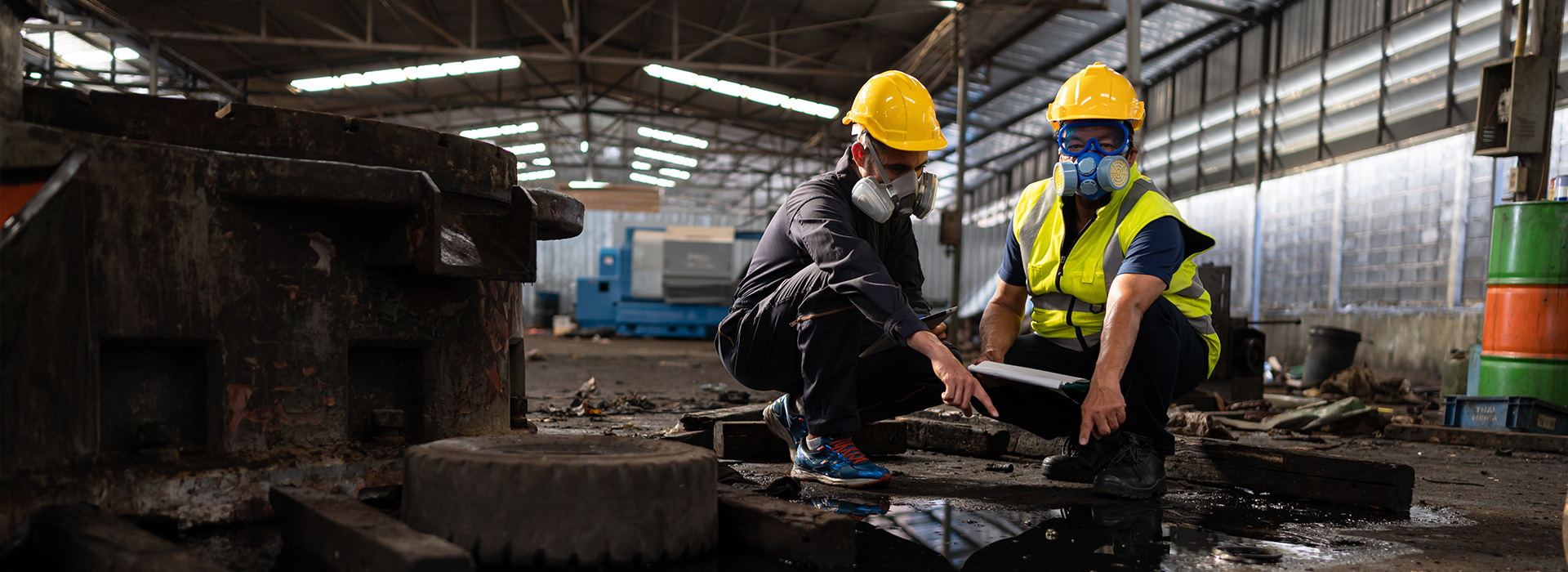
Welcome to Manson Methods Inc., a trusted name in comprehensive Designated Substance Assessment services in Toronto, ON. With a commitment to safety and regulatory compliance, we specialize in conducting thorough Designated Substance Surveys to ensure a secure and hazard-free environment for your projects.
Our expert team of Designated Substance Assessment possesses extensive knowledge of Toronto's regulations and guidelines, providing accurate Designated Substance Surveys that help you identify and manage potential risks associated with designated substances. Whether you're embarking on a renovation, demolition, or construction endeavor, our meticulous Designated Substance Assessment approach guarantees a safer workspace and regulatory adherence, reinforcing your commitment to the well-being of all stakeholders involved.
Enhance Workplace Safety and Compliance with Manson Methods Inc. in Toronto
Are you seeking to elevate your organization's workplace safety and compliance standards? Unlock the potential for growth and development within your team by connecting with Manson Methods Inc. based in Toronto. Our specialized training solutions for workplace safety in Toronto are meticulously designed to cater to your distinct requirements. By embracing our offerings, you can not only cultivate your workforce's skills but also amplify overall productivity while fostering a culture that prioritizes safety.
Frequently Asked Questions:
-
Why is a Designated Substance Assessment necessary for workplaces?
-
Who is responsible for conducting the DSA?
-
Which substances are considered "designated substances" in a DSA?
-
How often should a DSA be conducted in the workplace?
-
Can a workplace face penalties for non-compliance with DSA regulations?


